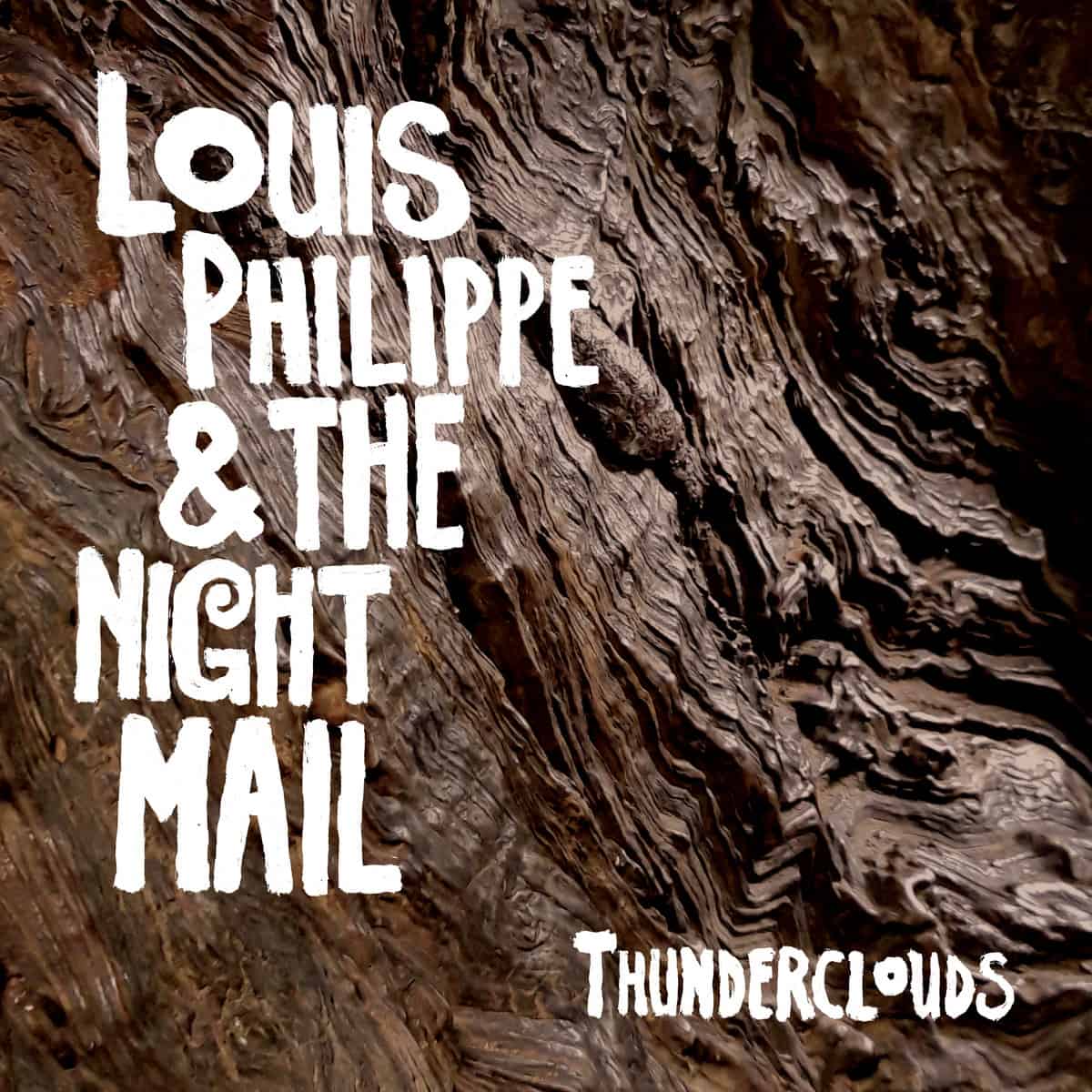Louis Philippe certainly has a lesser trodden career path. Not only is he a musician but also a producer, arranger, political writer and football journalist. In fact, some in the UK may know him better for this latter role (under his real name Philippe Auclair) because of his frequent appearance on the likes of talkSPORT and the Guardian’s Football Weekly. His musical career stems back further though as he has been going since the mid-80s. After a ten-year break between records, this is now his second effort of 2020 having put out another collaborative with Stuart Moxham (Young Marble Giants) back in July.
For this latest delightful slice of baroque pop, he is joined by the Night Mail, an indie-pop three piece comprising fellow journo/muso Robert Rotifer (guitar), ex-Weller band member/DJ/producer Andy Lewis (bass) and ex-Death in Vegas man Ian Button (drums), making them something of a minor supergroup. Given both the experience level and production talent of all in involved, you would expect nothing less than this slickly produced effort. Each track has a glossy feel and the arrangements are expertly tight throughout.
Sometimes slick production can impede the emotion of songs, making things feel hollow. Not here, though. The opening track Living on Borrowed Time is a good example. Beautifully ebbing-and-flowing from the smoky paranoia of its bass-driven jazzy verses, which sound right out of an old PI movie into the joyous piano-driven sunshine pop of its chorus. Adding to the emotion is the string work of violinist Rachel Hall (Big Big Train) who is on-form throughout.
Perhaps unsurprisingly there is a distinctly Gallic flavour to the LP. With the likes of aforementioned opener, Once in a Lifetime of Lies and Jean-Luc Godard referencing Alphaville all, despite their disparate sounds, sounding like they could feature on the soundtrack of an avant-garde French film. There are more surprising sounds elsewhere though, such as on Tropicalia-influenced The Mighty Owl and the Celtic-infused Do I.
Linking many of the tracks is the influence of Scott Walker (60’s Walker that is, not latter-day industrial Walker) and there is something of a time-capsule aspect to the record as, if not for the modern production values, you could be fooled into thinking it came out in 1968 rather than 2020. Not that there is anything wrong with that, but it does mean the record never rises beyond being a quality example of the baroque pop subgenre into something truly exceptional.
That said, there is very little in the way of damp squibs here, apart from possibly the title track which as well as being one of more pedestrian tracks veers dangerously closely into parpy dinner-jazz territory.
Bu that’s a minor complaint in what is, mostly, a thoroughly decent affair and one that should prove an absolute delight to any baroque pop fan.
